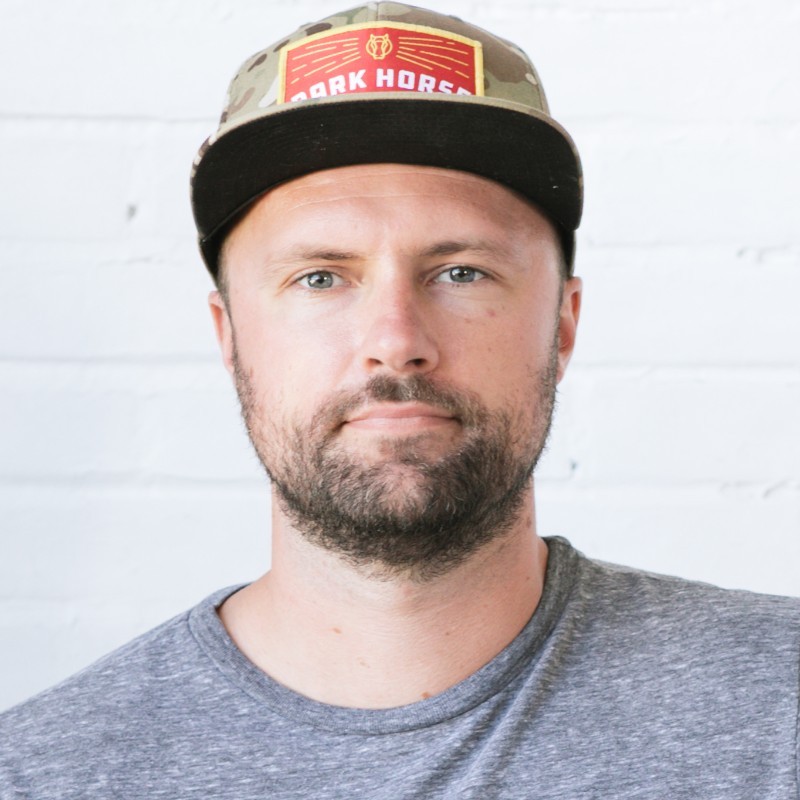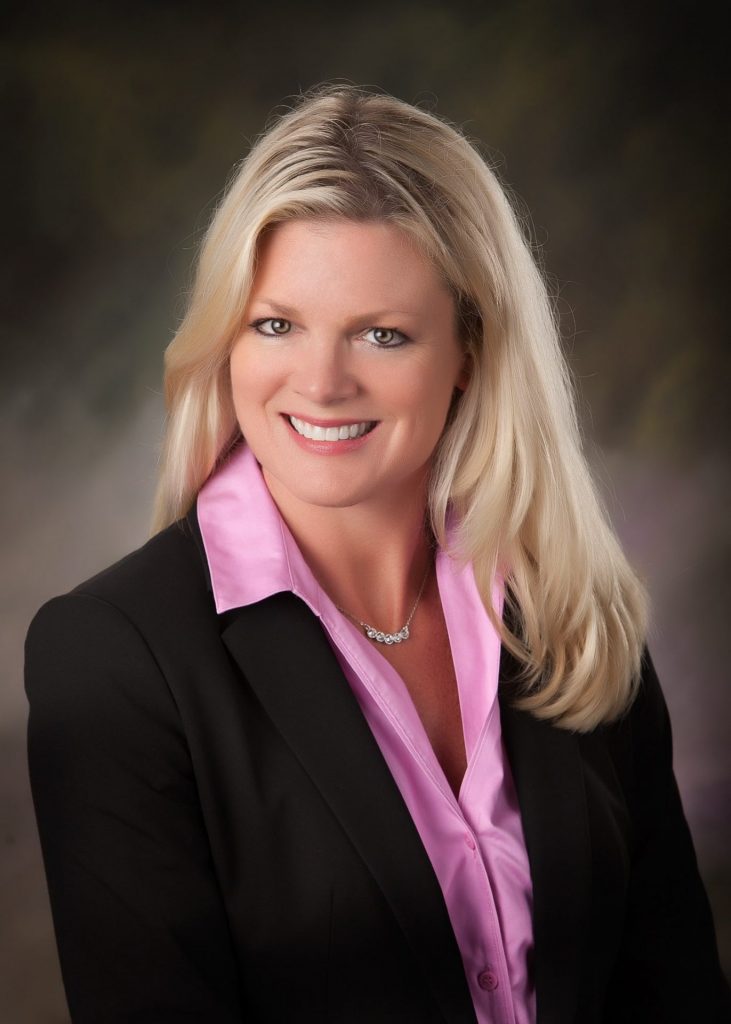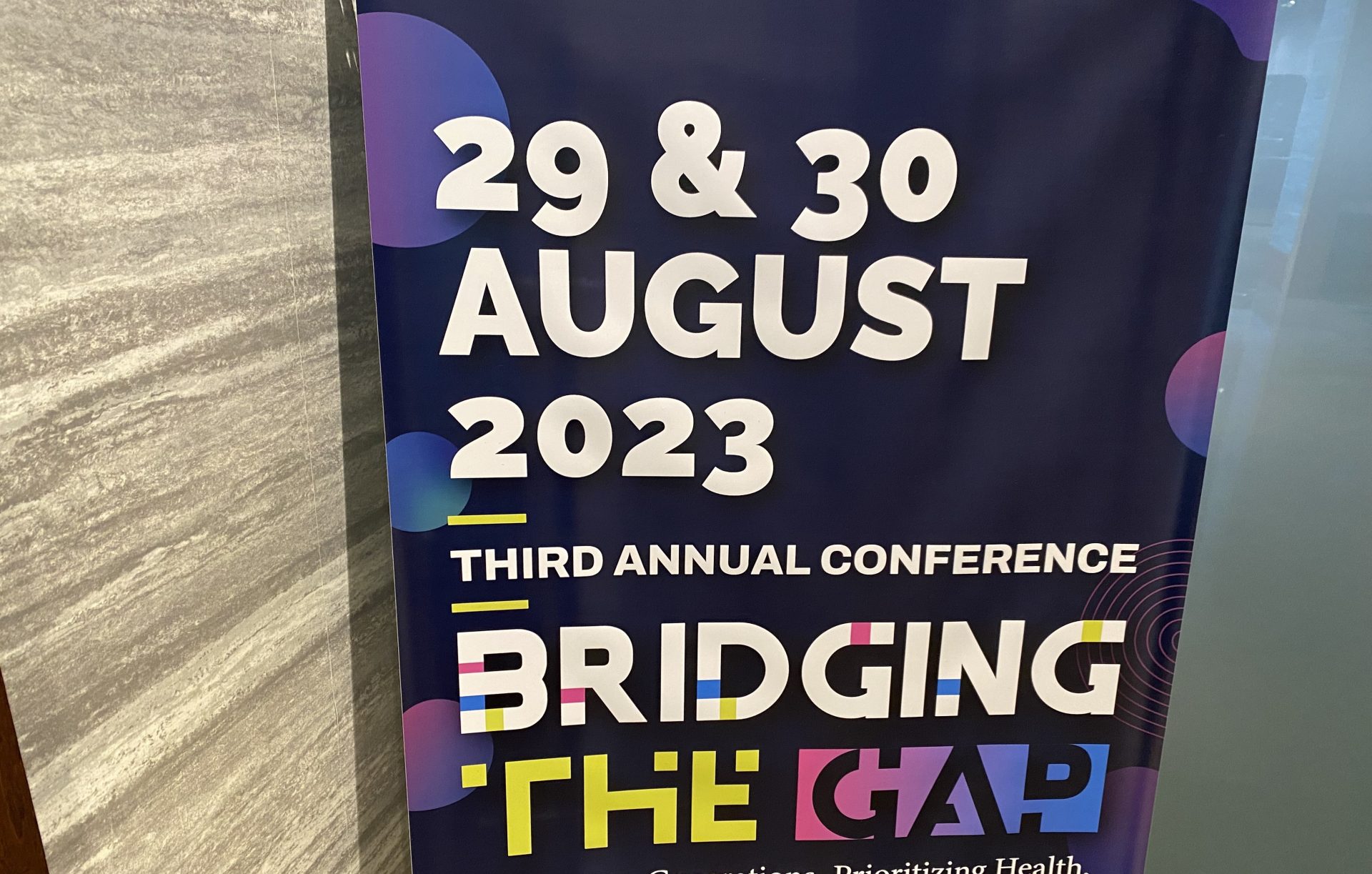After Duke Alexander Moore got a sneak peek at the questions he and the two other panelists would be asked during a session at the 2023 Unique CPA Conference, “Bridging the Gap,” there was a topic he knew nothing about, even as the owner of a tax and accounting business: the traditional accounting firm partnership business model.

“I didn’t want to embarrass myself when I’m up here. So I went on Google,” said Moore, an enrolled agent who owns Duke Tax, a business that provides tax and bookkeeping services to entrepreneurs and content creators. He knows a thing or two about being a social media influencer: His TikTok account @dukelovestaxes has more than 3.5 million followers, and his Instagram and X (formerly Twitter) accounts—also @dukelovestaxes—have over 153,000 followers and 15,900 followers, respectively.
“As far as a business model, I still don’t even know what that means,” Moore said Tuesday afternoon during the panel discussion, “Accounting Across Generations: Assessing the Current State of the Industry.”
“With my practice I just feel it’s very dynamic. What are people wanting? What are people needing? There’s no partners, there’s just me,” said Moore, who added that he has two full-time employees and also uses independent contractors.
The current state of the accounting firm partnership business model—and why it needs to evolve—was one of the subjects discussed during the 75-minute session that featured panelists Moore, Dark Horse CPAs CEO and co-founder Chase Birky, and GRF CPAs & Advisors President and Managing Partner Jackie Cardello.
Moore building a successful tax practice while going against the tried-and-true business model is a good thing for the accounting profession, said Jeremy Clopton, director of Upstream Academy, who moderated the panel discussion.
“It’s a great perspective to come from because if you don’t know what this box is that all the accounting firms are supposed to be in, you don’t jump in the box. Instead, we’re going to create the firm we want to create and we’re going to roll with it, and that’s an awesome approach,” he said about Moore and his business.

Birky said he was in that box for 10 years, first as an auditor at Deloitte and then as a partner at a boutique accounting firm.
“At firms like Deloitte, you have to do things a certain way,” he said. “A big part of Dark Horse is reacting against the traditional accounting firm partnership model.”
The non-traditional approach Dark Horse uses is being a “full-service CPA firm that you become a part-owner in and run your own P&L [profit and loss statement], the firm’s website states. CPAs build a book of business in six months and leverage the resources Dark Horse has, from technology to staffing. On the latest episode of The Unique CPA podcast, Birky explained: “As a leadership team, our customer is the CPA versus the traditional partnership where the client is the customer. All of our focus is on supporting the growth and development of our CPAs and their staff members.”
During Tuesday’s panel discussion, Birky said the partnership model mentality is starting to change within the profession.
“I think the business model question is one that’s now in vogue. People are starting to talk about it,” he said. “We’ve seen signs of things happening, like with private equity and what BDO recently did.”
BDO USA, the sixth largest accounting firm in the U.S. by revenue, recently changed its legal structure from a partnership to a professional services corporation. The firm officially changed its name from BDO USA LLP to BDO USA P.A. on July 1. BDO also said earlier this month it is establishing an employee stock ownership plan (ESOP)—which would allow its more than 10,000 professionals to buy a shared stake in the CPA firm—that is expected to become effective later this week. Apollo Capital Solutions is providing a $1.3 billion line of credit to finance the funds needed to begin buying equity stakes from BDO partners, as well as to realign the firm’s other operating and pension obligations.
Birky praised the ESOP move by BDO in a recent LinkedIn post, writing: “By creating an ESOP, BDO has created a way for those who create value in the organization (beyond just the partner group) to participate in the success of the firm. They’ve found a way to raise capital that would otherwise be reserved for private equity without taking on the dilution and uncertainty of the 5-7 year flip mechanics. They’ve created liquidity in ways that far surpass the ‘unfunded chain letter’ while phasing out the burden of these pension payments.
“When you hear, ‘the partnership model is dead,’ this is one example of a model that is replacing it (remember, BDO became a corporation recently as well),” he added. “I don’t know what it’s like to work at BDO, but I do believe that from a structural perspective, they’re seeing the marketplace and talent much more clearly than their top 10 peers.”
Birky said on Tuesday that he did not want to completely bash the partnership business model—“Not to say there’s nothing good about it,” he said—but he has experienced so many aspects of it that “I wanted to create [a business model] that was not that.”
“With partnerships, the larger they get, the slower they move. There’s so much bureaucracy and red tape, and you have to appease so many different stakeholders,” Birky said.

The lone representative on the panel from a CPA firm that uses the traditional partnership business model was Cardello, who leads the 118th largest accounting firm in the U.S. by revenue.
While the partnership business model is not going away anytime soon at GRF CPAs & Advisors, Cardello said the firm prides itself on developing leaders at a younger age. The way she sees it, the business model evolves if input is received from all generations of employees, not just the most senior CPAs.
“We are bringing them up younger and more quickly because we value their opinions and what they have to say, which is not your traditional CPA firm,” she said.
The energy, new ideas, and outside-the-box thinking that Moore and Birky have shown would scare senior partners at some firms who are ensconced in the old way of doing things, she said. So, giving young professionals at GRF a seat at the table by inviting them to serve on internal committees is one tactic the firm uses to bring the older and younger generations together.
“While that might be uncomfortable in the beginning for our senior partners—when I first became a partner, you wouldn’t speak unless you were spoken to—these young people are bold, they are passionate, have a lot of great ideas, and want their voices to be heard. And it works,” Cardello said. “They want buy-in, they want a voice and know that they are working for more than a paycheck. To them it’s, ‘What difference am I making?’ and ‘What am I contributing to my place of work?’ We want their input and perspective on anything—it can be internal, like changes in policies and procedures, and also on things like client services.”
Clopton asked Cardello what steps the firm takes to get senior partners who might push back on the involvement of young CPAs to buy in. Cardello said it can be tough, but they have found a way to successfully do it.
“We’re on a goals-based compensation system. What that means is we’re measuring leaders, not just the partners but the senior managers and managers, on more than just financial metrics,” she said. “We’re looking at team development, business development, implementing strategy for the firm, compliance, DEI, and IT security, among other things. It’s getting all the input from the different generations, using that and crafting the goals of the partners around that.”
So, for example, if a partner is really pushing back on new ideas, thinking out of the box, and new ways of doing something, the firm incorporates that into a goal, like a team development goal, Cardello said.
“Your job is going to be on this particular committee and work with these individuals to come up with a solution to this problem. Or, you’re going to be mentoring this individual. So, it’s a goal that they need to work on during the year that incentivizes them to work with others and their ideas as opposed to against them,” she said.
Thanks for reading CPA Practice Advisor!
Subscribe Already registered? Log In
Need more information? Read the FAQs
Tags: Firm Management




